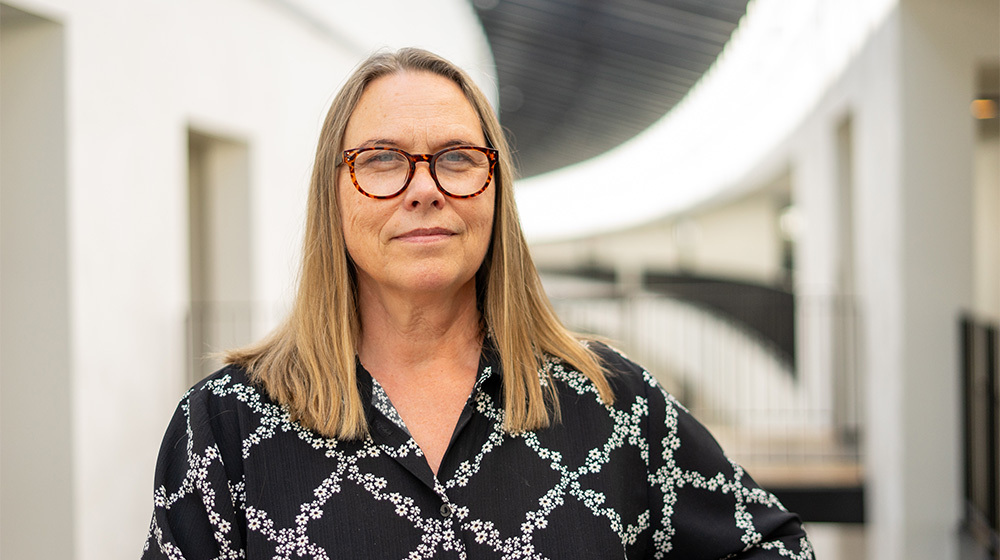FA raises the issue of reducing the course component of postgraduate education

At the last Faculty Board meeting on June 12th, Christina Divne, CBH's Director of Third Cycle Education (FA), was invited to address the issue of reviewing the course component of the doctoral program.
KTH has a requirement that 60 credits within the doctoral program must consist of courses. Heads of department have expressed the view that this part is too large.
"Some departments that work closely with medical research feel that the course component is too large. In the Faculty of Medicine, the course component comprises about half as many credits for a doctoral degree. They have therefore pushed for KTH to review whether it is possible to remove the requirement of 60 credits. This must be decided at central level. Legislative changes and the Bologna Process provide a background for considering this. It is a process. The Faculty Board must now decide whether to take the matter further to the Faculty Council," says Christina Divne.
The issue is part of CBH's reform agenda, where the education offered on the doctoral programs will be reviewed. The Faculty Board is ultimately responsible to the President for the quality of education and the FA is advisory in the reform work.
Crediting of credits from second-cycle level
Another issue that will be raised is how many credits can be transferred from previous education. According to the Bologna Declaration, the educational structure should consist of a three-year bachelor's degree, a two-year master's degree and a three-year doctoral degree.
In Sweden, doctoral studies last four years, but the government decided that the eligibility requirements for admission to doctoral studies can be met after only one year at the second-cycle level, i.e. a master's degree is not required, which would harmonize with the Bologna model's total of eight years from bachelor's to doctoral degree.
"The Bologna model has been a strong driver for more people to complete a master's degree; almost everyone we assume has a master's degree. In order to reduce the total length of study, it is in principle possible today to credit the last year at the second-cycle level towards a doctoral degree, thus shortening the doctoral program. However, KTH decided in 2013 that a maximum of 15 credits from previous second-cycle education can be credited towards a doctoral degree, so there is not much you can transfer," says Christina Divne.
The work of reviewing the doctoral education will begin in the autumn, when working groups will be appointed for CBH's three doctoral programs.
Why is this work important?
"We need to deliver a high-quality education and the Higher Education Act requires all activities to be resource-efficient. It should also be clearer that it is an education like any other and not a form of life work that involves a lot of stress. It is important that the dissertation part is also at the right level. Today, it is very much about culture what you think a dissertation should look like. You compare with colleagues from other universities and supervisors often have a lot of opinions. We need to be more consistent in the demands we make. Our doctoral programs are so similar that there should not be huge differences."
Text: Sabina Fabrizi
